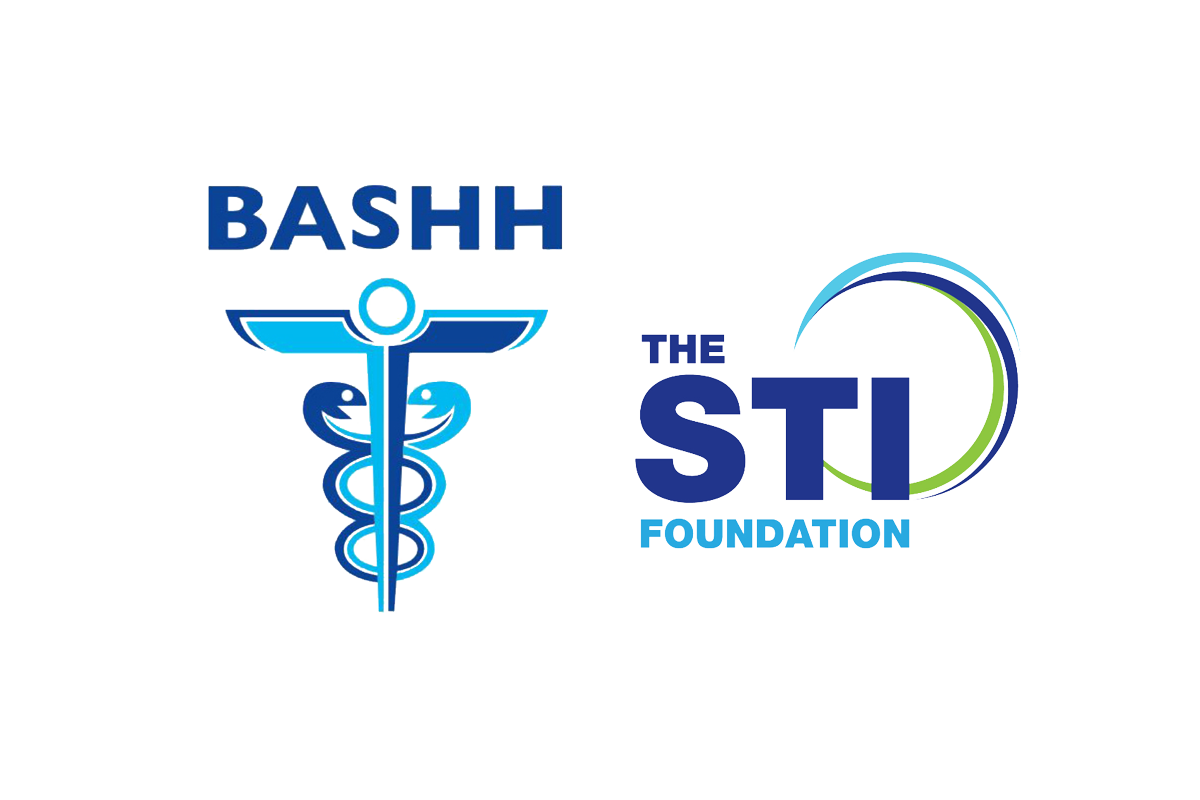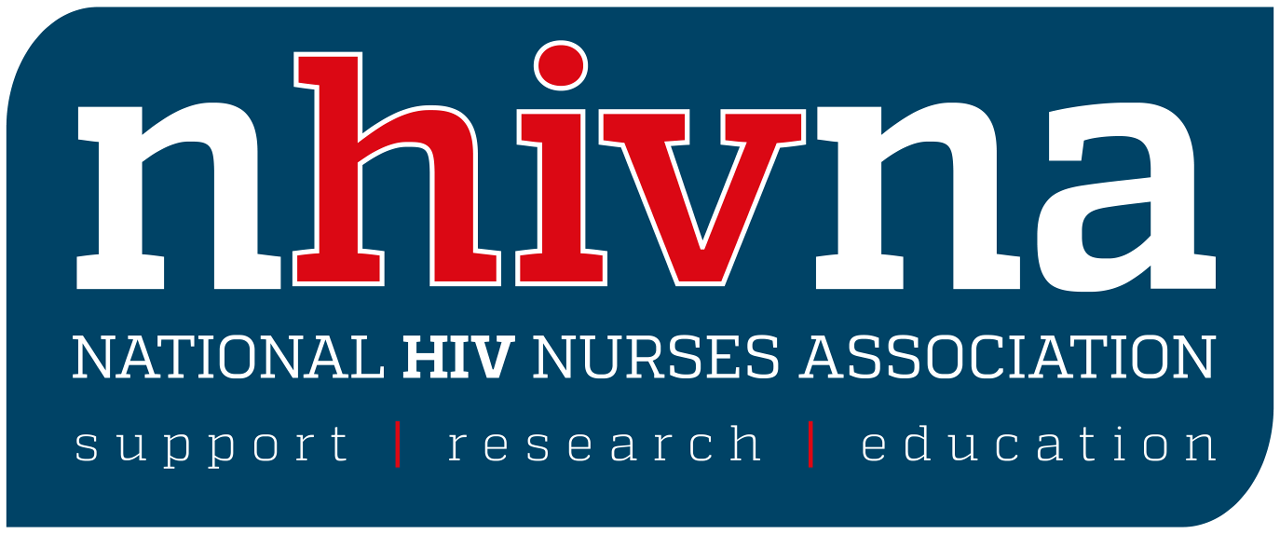STI Foundation NHIVNA competency training and assessment programme
![]()
STIF-NHIVNA Intermediate Competency
STIF-NHIVNA Intermediate Competency is a workplace-based training and assessment programme developed by the National HIV Nurses Association (NHIVNA) and the STI Foundation (BASHH). It is designed to train and assess the knowledge and competence of nurses working in HIV services. The training is suitable for nurses working in a Specialist HIV Medicine setting (out-patient) or an Integrated GUM/HIV or ID/HIV setting. Training is provided by Registered STIF Competency Trainers.
Knowledge and skills required for STIF NHIVNA Intermediate Competency training: at least 6 months clinical experience in an out-patient setting required.
Most of the training and competency assessments are carried out in real clinical situations using online mini-CEX forms.
Case-based discussion
In some circumstances, it may be necessary for certain competencies to be assessed in a case-based discussion.
Topics include:
- Assessment of the health and well-being needs of an HIV-positive patient
- Triage and assessment of minor illness
- Supporting people taking ARV medications
- Understanding routine blood tests and other monitoring for clinically stable patients
- Supporting patients who may be vulnerable
- Supporting patients who have just been diagnosed with HIV
- Health promotion, risk assessment and risk reduction
- Assessment of self-harm
Knowledge areas assessed:
- Awareness of Psychological / Emotional factors and health beliefs
- Working in partnerships including clinical networks and multidisciplinary working
- Women living with HIV
- Adolescents and Young People living with HIV
On successful completion of the training and assessment programme, a Certificate of STIF NHIVNA Intermediate Competency is awarded. The Certificate needs to be revalidated every five years.

![]()
STIF-NHIVNA Advanced Competency is a workplace-based training and assessment programme developed by the National HIV Nurses Association (NHIVNA) and the STI Foundation (BASHH) and is designed for specialist clinicians working in HIV medicine who are working towards advanced practice and have already successfully completed STI Foundation STIF-NHIVNA Intermediate Competencies, and working in a specialist HIV Medicine setting (Out-patient or Community) or an Integrated GUM/HIV or ID/HIV setting, It is suitable for nurses working at an advanced level, physician associates and SAS doctors working in HIV medicine who do not wish to take the DipHIV exam.
The training and assessment is structured as a clinical attachment within an HIV service and comprises e-learning, a minimum of 50 clinical sessions including reflective writing, formal assessment of competence, multi-source feedback and completion of an audit.
Prescribing ARV medication
Being able to prescribe ARV medication is not essential but more in-depth knowledge about ARVs, their use, resistance, interactions and adherence support are expected.
Training is provided by Registered STIF Competency Trainers.
Time frame for completion of training
The STIF NHIVNA Advanced Competency training and assessment pathway should be completed within 12 months of the date of the first assessment.
On successful completion of the training and assessment programme, a Diploma of STIF (STIF-NHIVNA Advanced Competency) is awarded. The Diploma needs to be revalidated every five years.
Topics assessed:
- Assessing health and well-being needs of an HIV-positive patient
- Supporting adherence with people taking ARV medications
- ARV medication: adherence, resistance, mutations
- Primary HIV infection
- Assessment and management of acutely unwell patient
- Working in partnerships including clinical networks and multi-disciplinary working
- Leadership
- Getting Older with HIV
- Working with Young People and Adolescents living with HIV
- HIV and Pregnancy
- Assessment of Cognitive Impairment
- Identifying and supporting patients at risk of disengagement from HIV services
- Prevention of Opportunistic Infections
- IRIS
- Supporting patient with complex care needs
- Assessing and managing patients with complications of HIV and ARV meds (bone, renal, metabolic, cardiovascular, gastro/liver, dermatological, haematological, neuro/psych, IRIS, malignancies
